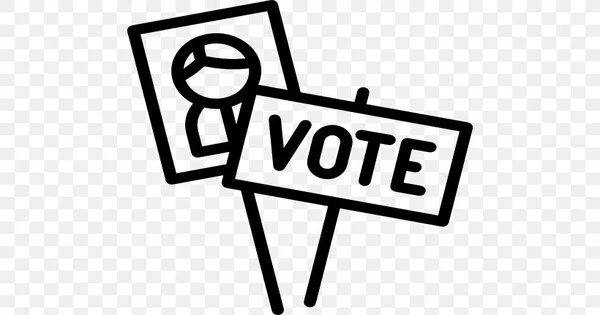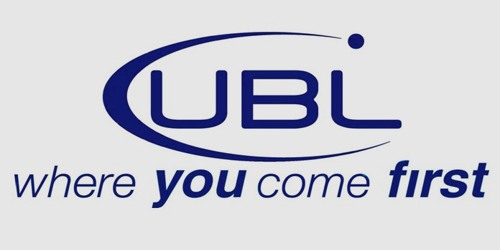A mock election is an election held for educational, amusement, or political protest purposes to advocate for free and fair elections. It is a simulated election process designed to educate and engage participants, usually students or community members, about the electoral process and the functioning of a democratic system. It is also known as a mock vote or mock polling. Less precisely, it can refer to a real election purely for advisory (essentially powerless) committees or forums, such as some student councils, especially those that primarily mimic a real legislative body. It is a tool for improving understanding of elections, political parties, candidates, and the democratic decision-making process in general.
For educational purposes
Mock elections are sometimes held in secondary schools to introduce young people to the concept of elections before they reach voting age. The elections are intended to provide participants with an understanding of democracy, the role of government, and the role of parliament. This experience encourages future young voters to vote. Depending on the school and the purpose of the mock election, they can have real or fake candidates.
For a change to democratic elections
As part of the preparations for the 2008 Bhutanese general election, a mock election was held on April 21, 2007, to prepare Bhutanese for the impending transition to democracy. This election featured four fictitious political parties and candidates chosen at random from a pool of high school students.
Benefits of a mock election include:
- Educational Value: Mock elections provide hands-on learning experiences that can enhance participants’ understanding of democracy, civic responsibility, and political processes.
- Engagement: They encourage participants to become actively involved in political discussions and decision-making.
- Critical Thinking: Participants learn to evaluate candidates and their platforms, fostering critical thinking skills.
- Awareness: Mock elections increase awareness of political issues and the importance of voting.
- Empowerment: Engaging in a simulated voting process empowers participants to feel more confident about their potential future participation in real elections.
Overall, mock elections offer a valuable tool for promoting civic education and democratic engagement, especially among young people. They provide an opportunity to experience the democratic process firsthand and inspire a greater interest in politics and governance.
















